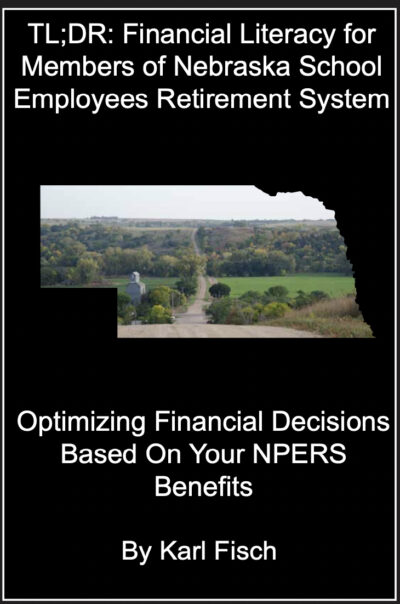You know you need to learn more about personal finance in order to make financial decisions, but you just find it too overwhelming, too intimidating, and too time consuming. This book was written for you, giving you the basics in an hour or two, and then directing you to further resources if you’d like to learn more.
This book isn’t about “getting rich quickly” (not that there’s anything wrong with that), but it’s about gaining knowledge and building your capacity in order to live a good life. What’s a “good life”? I don’t know, everyone’s definition is different. What’s important is that you take the time to define what a good life is for you, and then align your financial decisions with that.
The goal of this book is to help you think about your finances in such a way that you have the independence to lead the life you want to live; to give you as much control as possible over your financial situation so that your finances don’t prevent you from living the life you want.
Part 1 of this book is applicable to everyone, but Parts 2-4 are specifically for members of the Nebraska School Employees Retirement System. These parts take a medium dive into both your NPERS and your school district benefits, and how you can optimize your finances based on those benefits. Most Nebraska educators are not fully aware of their NPERS benefits and how that should impact almost all of their other financial decisions throughout their adult lives. This book will help you make those decisions
So, about 115 pages. Maybe a couple of hours. Ready to get started? Future you will thank you
